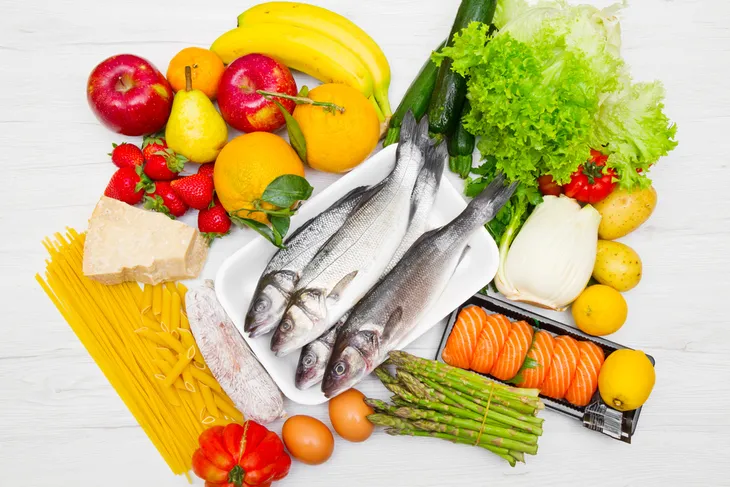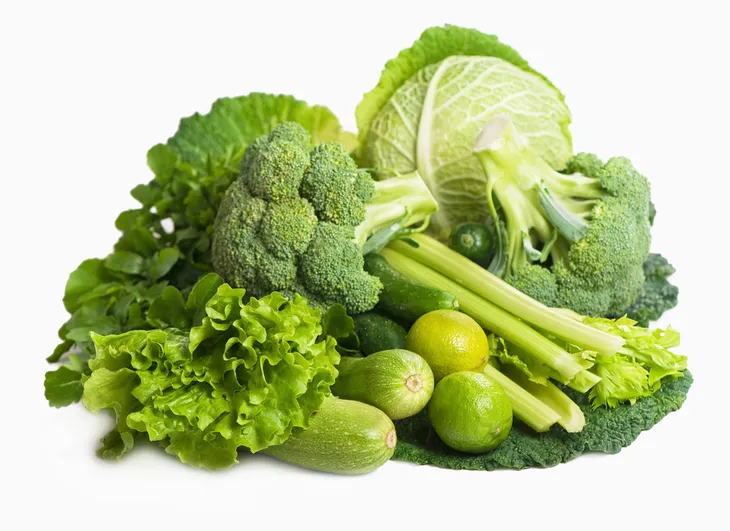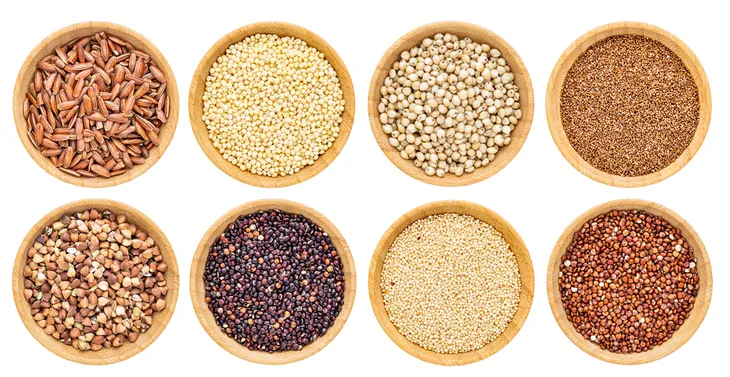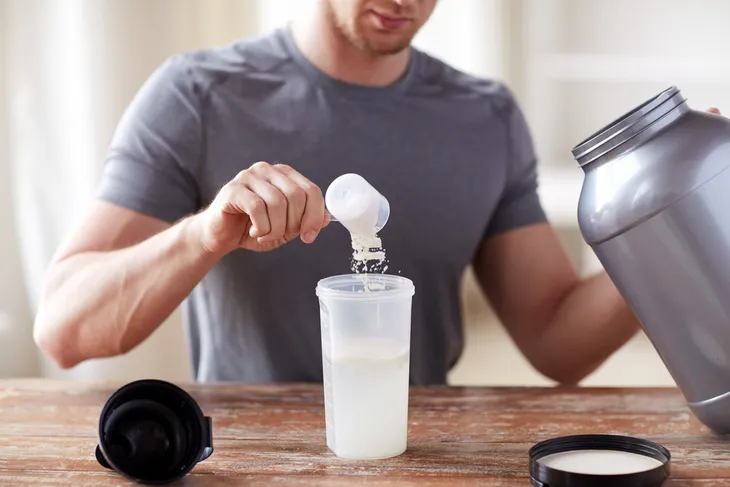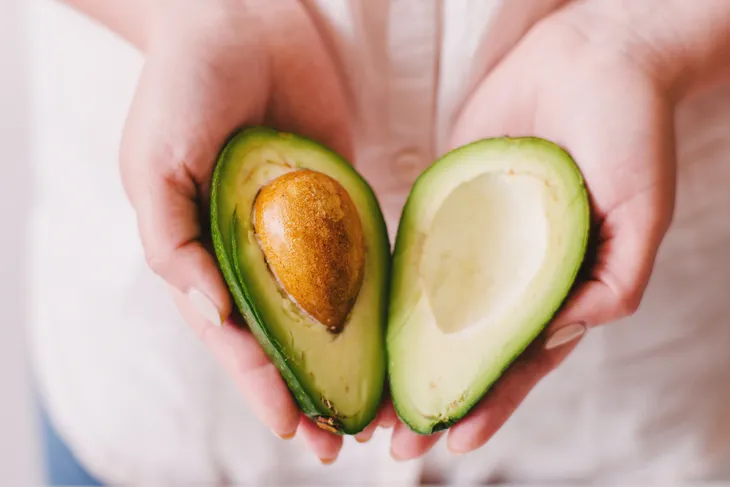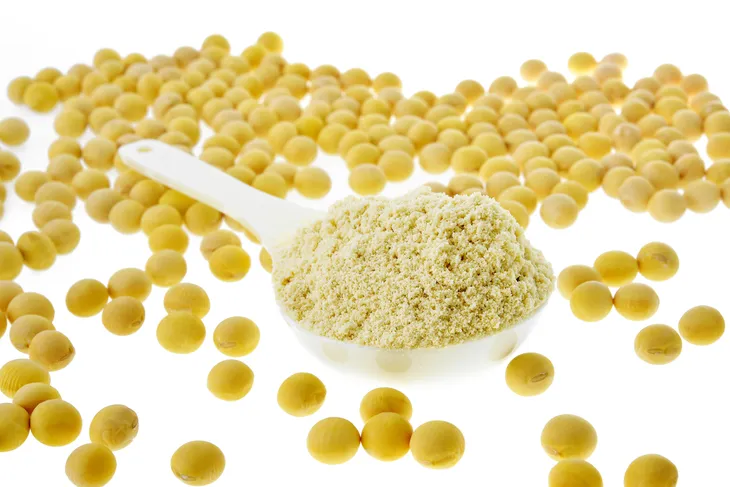Fatty liver disease can fall into two categories – alcohol and non-alcohol related, and the disease as a whole affects up to 33-percent of U.S. adults “and is one of the leading contributors of liver failure,” explains Healthline.
While alcohol consumption can cause the fatty liver deposits and lower the liver’s efficiency, the non-alcohol induced version is usually associated with a poor diet and sedentary lifestyle – which is why exercise is often recommended along with dietary changes. With that in mind, here are seven tips to help keep fatty liver disease under control…
Coffee
You might not associate drinking coffee with improving health conditions (too much caffeine can be a risk), but Healthline explains that studies show consumption of coffee can limit the damage from fatty liver disease compared to those who abstain from coffee.
The source explains that coffee can “lower abnormal liver enzymes” of people who are at risk of developing more serious liver disease.
A ‘Mediterranean’ Diet
WebMD says eating like someone in Europe (namely places like Greece and Italy) can actually have a positive impact on the amount of unhealthy fat residing in your liver. In short, a ” Mediterranean Diet” contains all-natural and non-processed food items.
This type of diet includes “healthy fats, antioxidants, and complex carbohydrates,” all which are good things. The type of items in the diet include fish, fruits, grains, nuts, olive oil, and vegetables, adds the source.
Greens
Eating green vegetables not only gives you a boost of vitamins and other healthy nutrients, it can also help clean out your liver, notes Healthline. The source points to a study that shows broccoli, in particular, has been shown to prevent the buildup of fat in the livers of mice.
Meanwhile, consuming other greens such as spinach, Brussels sprouts, and kale can aid in weight loss efforts, adds the source. There are different variations and recipes you can use if you don’t like eating the items on their own.
Whole Grains
LiverSupport.com explains that whole grains (not processed white bread) provide complex carbohydrates that can help supply a steady supply of energy, rather than a sudden spike in blood glucose. This can help stabilize your blood sugar while giving you a bit more energy to be active.
The added bonus of whole grains is the vitamin and mineral content, specifically vitamins that aid in the function of your liver. Next time you’re at the grocery store, look for oats, bulgur, quinoa, spelt, barley, brown rice, wild rice and rye, suggests the source.
Whey Proteins
A post on the U.S. National Library of Medicine suggests there is a “protective” effect of whey protein against nonalcoholic fatty liver in rats. “Oral administration of the studied whey proteins products reduced the final body weight of rats,” explains the post.
Meanwhile, if you’re looking for everyday sources of whey protein, you can find it in dairy products such as cheese, milk, as well as yogurt, notes various sources. Yogurt has the added benefit of containing probiotics, which can aid in overall digestion.
Avocado
This is delicious as a dip, an ingredient in your salad or simply spread on toast, and although it has a high fat content, it’s “healthy fats,” explains Healthline. Avocado is also rich in fiber to help to stay regular and control weight, it adds.
Not only that, Healthline points to an article posted on Science Daily that suggests avocados contain “liver protectants”. The research cited was conducted in Japan, and involved feeding various fruit groups to rats with liver damage, and then measuring the results. “As measured by changes in the levels of specific liver enzymes, the avocado showed the most potent activity among these fruits in slowing liver damage,” notes the study.
Soy Protein
Science Daily also posted an article discussing the results of a study that shows soy protein can have a positive impact on fatty liver disease. University of Illinois researchers “have shown how soy protein could significantly reduce fat accumulation and triglycerides in the livers of obese patients by partially restoring the function of a key signaling pathway in the organ,” explains the source.
The source says soy protein from popular sources like tofu and yogurt can reduce the stress on fatty livers, adds the article. The research team looked at fat accumulation in lean and obese rats, which were fed either a casein (milk protein) or soy protein for 17-weeks. Diet didn’t make a difference in the lean rats, the obese rats (that were given soy) showed a 20-percent reduction in overall fat accumulation in the liver, adds the source.


